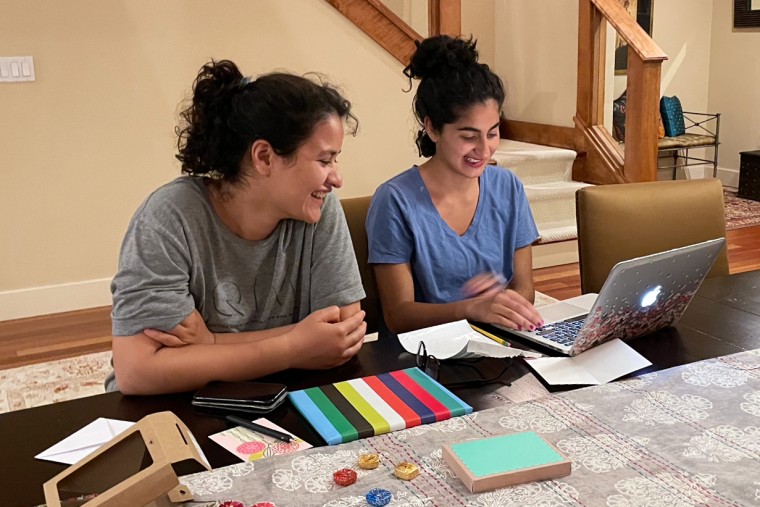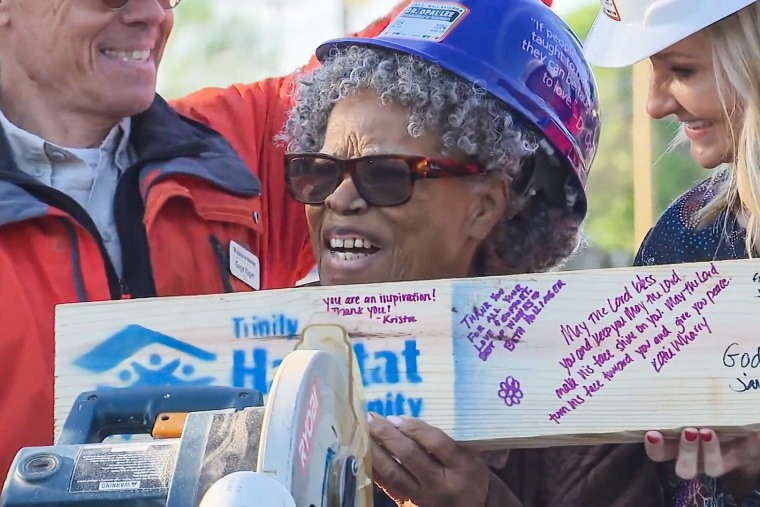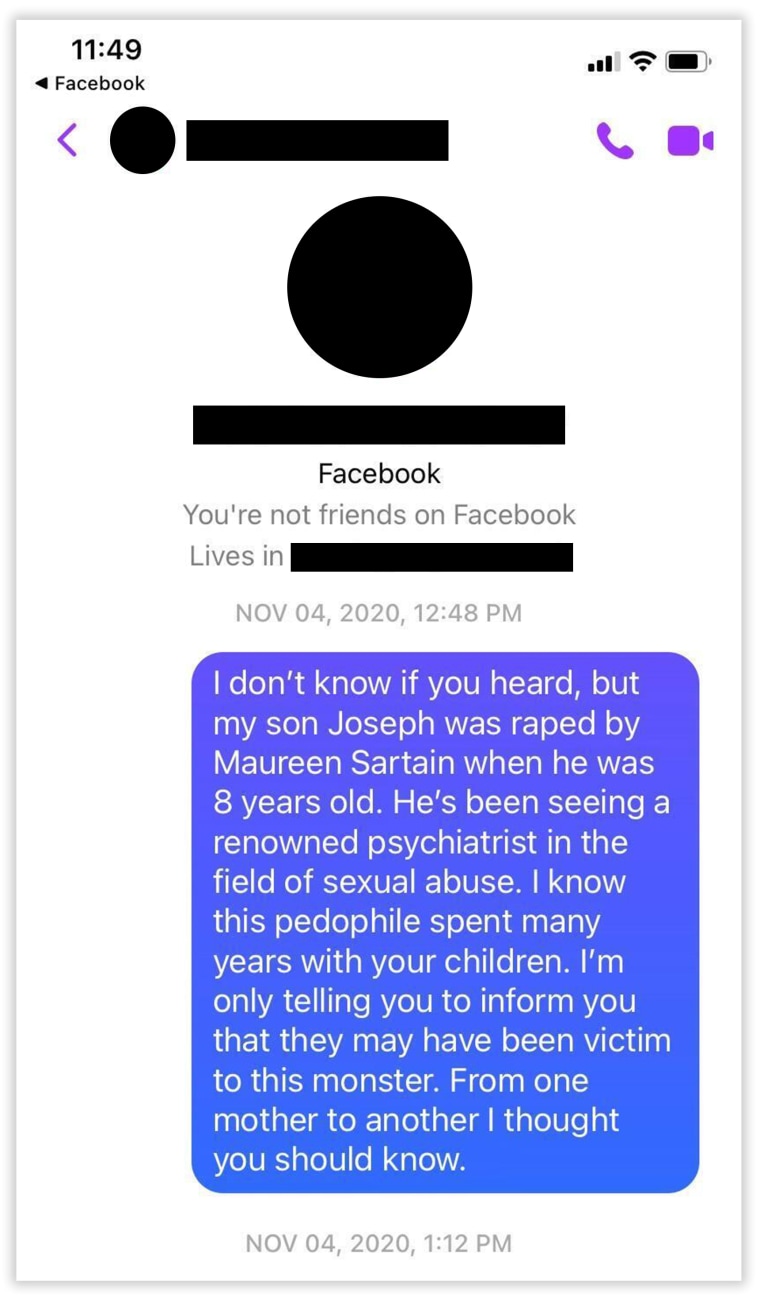
Lizzo announced Friday that she is quitting the music business because she is “tired of putting up with being dragged by everyone in my life and on the internet.”
“All I want is to make music and make people happy and help the world be a little better than how I found it,” she posted to her Instagram.
The “Truth Hurts” singer went on to criticize the “lies” she says are being told about her.
“But I’m starting to feel like the world doesn’t want me in it,” she continued. “I’m constantly up against lies being told about me for clout & views.”
Lizzo was accused of sexual harassment in a lawsuit filed by three of her former dancers. The lawsuit alleged Lizzo created a hostile work environment and sexually harassed employees, which the singer has denied. She is also facing another lawsuit from another former employee who alleges Lizzo allowed bullying, harassment and racial discrimination on her team.
Lizzo at the World Premiere of “Renaissance: A Film By Beyoncé” on Nov. 25, 2023, in Beverly Hills, California.Emma McIntyre / WireImage for Parkwood
In her March 29 statement, the singer went on to say she is tired of “being the butt of the joke every single time because of how I look… my character being picked apart by people who don’t know me and disrespecting my name.
“I didn’t sign up for this s—,” she concluded. “I QUIT.”
Lizzo’s team did not immediately respond to TODAY.com’s request for comment.
Lizzo, whose birth name is Melissa Viviane Jefferson, has been in the headlines recently for her political activity and her clothing line, Yitty.
On Thursday, Lizzo participated in a fundraiser for President Joe Biden in New York City alongside a slew of other celebrities and former Presidents Bill Clinton and Barack Obama at Radio City Music Hall.
Lizzo changes course on body positivity
In an interview published days ago by the New York Times about her clothing brand Yitty’s new shapewear-influenced swimwear line, Lizzo did not seem to indicate that she was planning on leaving either the clothing or music industry and declined to discuss the ongoing lawsuit.
She touted Yitty’s new line and opened up about her weight, however, revealing that she has been “methodical, losing weight very slowly.”
She noted that because she is not currently touring, she has more time for self-care.
“I’m taking the time every day to put some love into my body,” she told the Times. “There is never a day when I regret taking a walk or doing some Pilates.”
She added that how she feels about her body “changes every single day.”
“I’m not going to lie and say I love my body every day,” she told the outlet. “There are some days I adore my body, and others when I don’t feel completely positive.”
Once a perceived champion of body positivity, she also revealed to the Times that she is more about “body neutrality” these days.
“The idea of body positivity, it’s moved away from the antiquated mainstream conception,” she said. “It’s evolved into body neutrality.”
Where does the lawsuit with three of her former backup dancers stand?
Three of Lizzo’s former backup dancers — Arianna Davis, Crystal Williams and Noelle Rodriguez — filed a lawsuit in August 2023 alleging that the singer created a hostile work environment and sexually harassed her employees.
Lizzo denied all allegations against her in the suit, calling them “false,” “unbelievable” and “outrageous.”
The dancers’ lawsuit also named dance captain Shirlene Quigley and Lizzo’s production company, Big Grrrl Big Touring, Inc., as defendants, and alleged Quigley proselytized to the dancers and shamed those who had engaged in premarital sex.
Quigley called the accusations “baseless” and wrote in a February Instagram post that “in due time the truth will come out and I look forward to speaking that truth at the appropriate time.”
In February 2024, a judge in Los Angeles County Superior Court denied the singer’s request to throw out the backup dancers’ lawsuit.
Judge Mark H. Epstein did elect to toss out some of the plaintiffs’ accusations against Lizzo and her team, including that Lizzo fat-shamed one of her dancers.
A spokesperson for Lizzo, Stefan Friedman, said in a statement at the time that the team is “pleased” that Epstein chose to throw out “all or part of four of the plaintiffs’ causes of action.”
“Lizzo is grateful to the judge for seeing through much of the noise and recognizing who she is — a strong woman who exists to lift others up and spread positivity,” Friedman said. “We plan to appeal all elements that the judge chose to keep in the lawsuit and are confident we will prevail.”
Fashion designer also sues Lizzo
Lizzo is also facing another lawsuit filed by a former employee, fashion designer Asha Daniels.
In the lawsuit, filed in Los Angeles County Superior Court in September 2023, Daniels says the musician allowed bullying, harassment and racial discrimination on her tour.
Daniels said in her lawsuit that wardrobe manager Amanda Nomura did offensive stereotypical impressions of Black women, referred to the performers as “fat,” “useless” and “dumb,” and forced them to change in front of a mostly white, male stage crew who would “lewdly gawk” at them. NBC News’ attempts to reach Nomura for comment when the lawsuit was filed were unsuccessful.
Friedman, Lizzo’s spokesperson, told NBC News at the time of the filing that Daniels’ lawsuit was a “bogus, absurd publicity-stunt lawsuit” from someone who “never actually met or even spoke with Lizzo.”
“We will pay this as much attention as it deserves,” the statement read. “None.”
That lawsuit remains ongoing.








